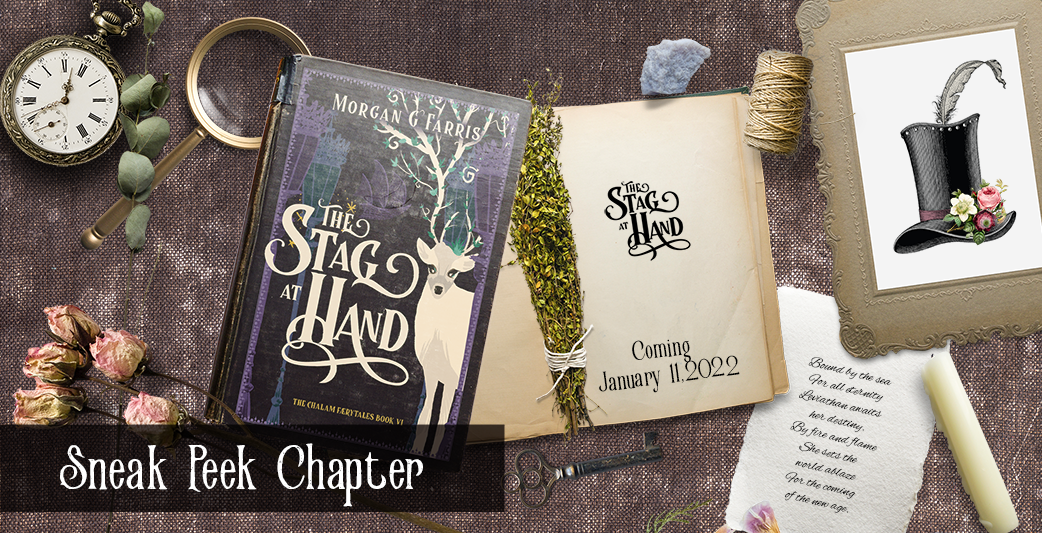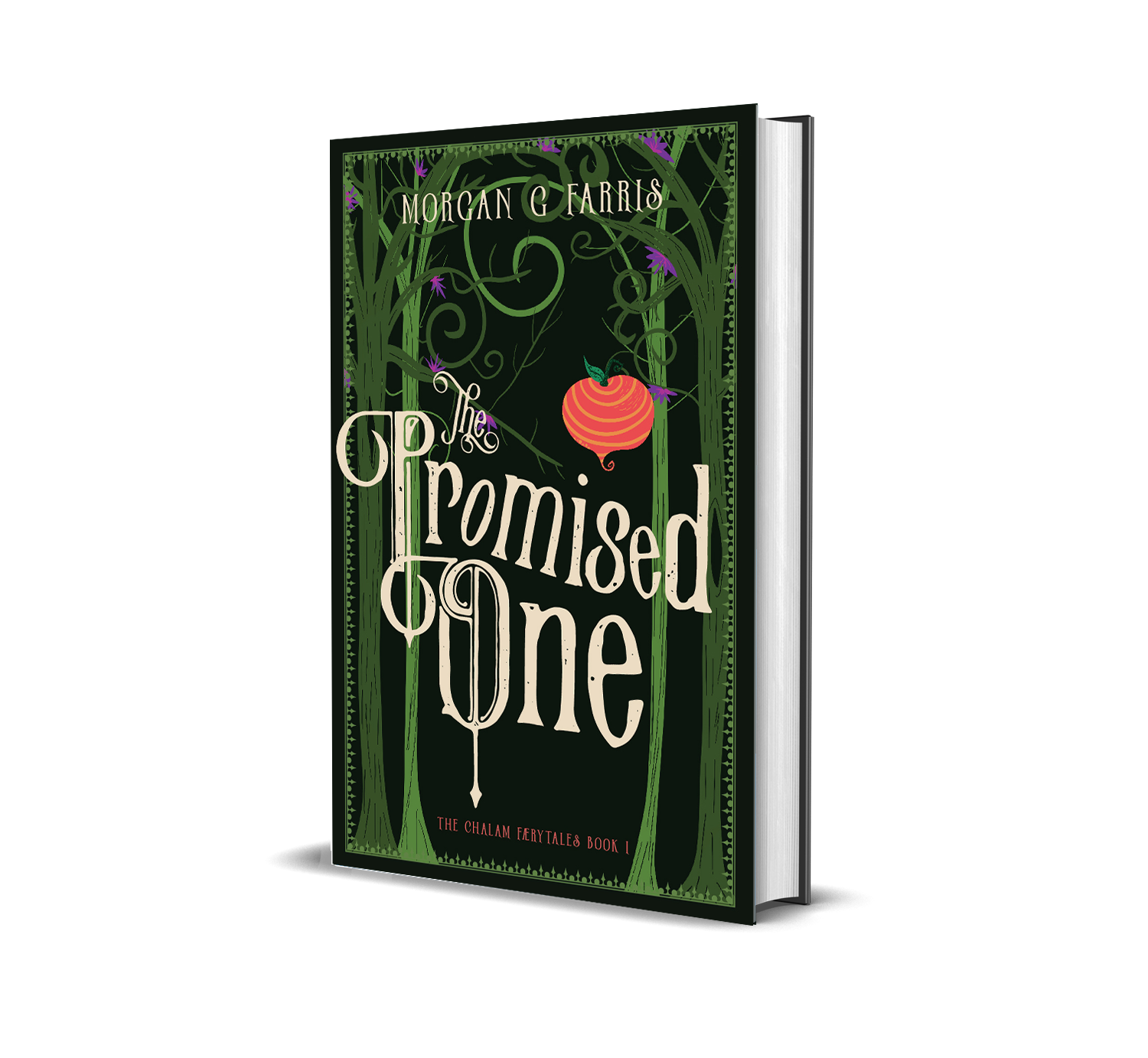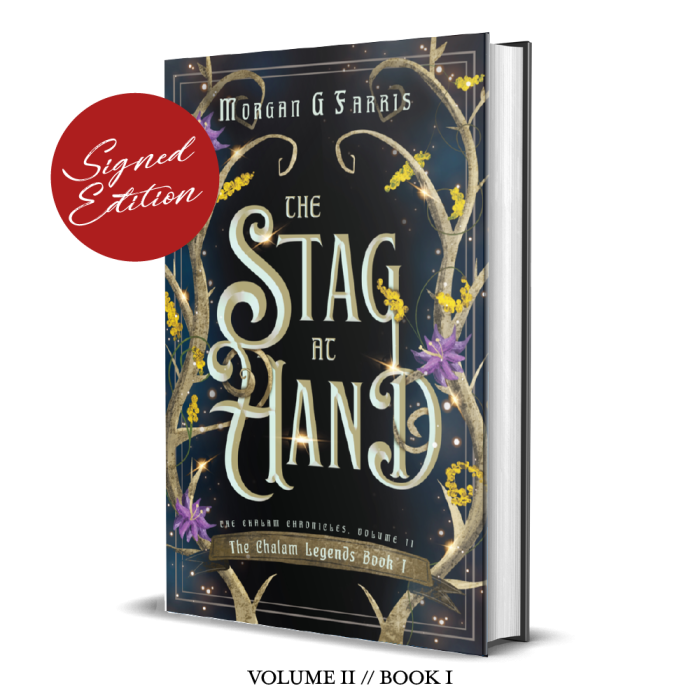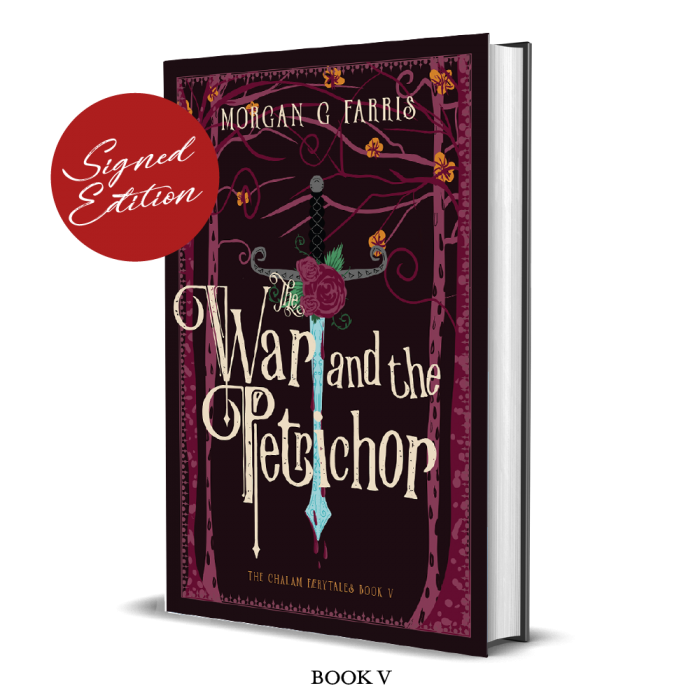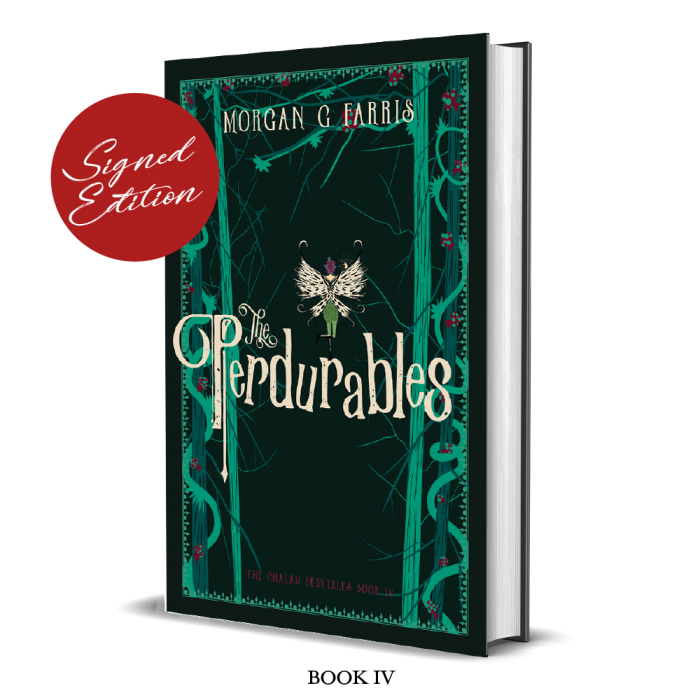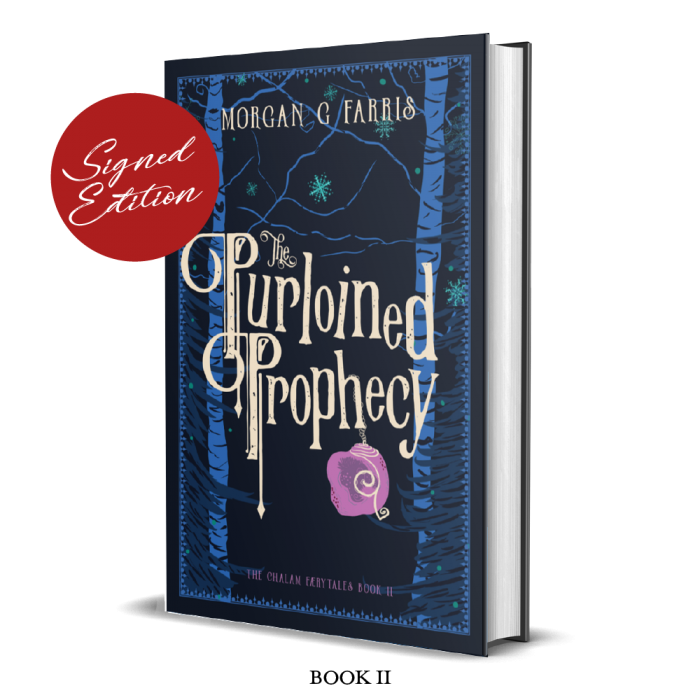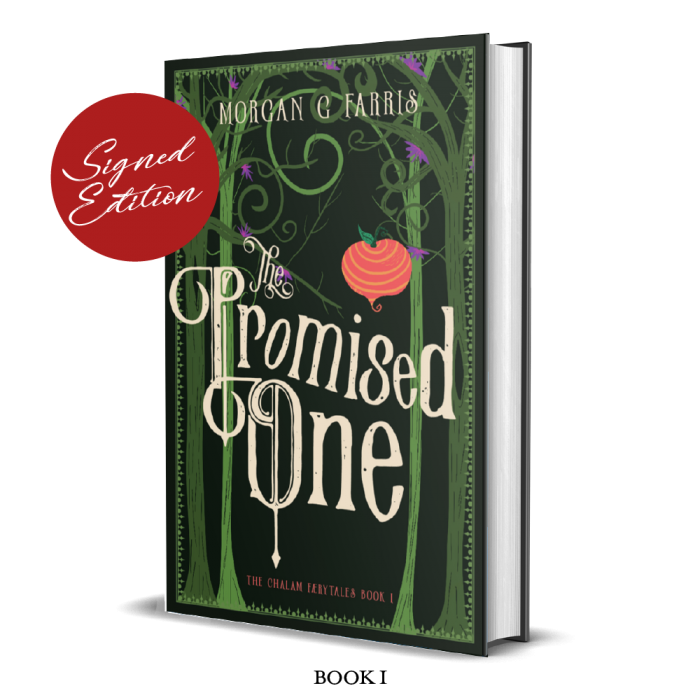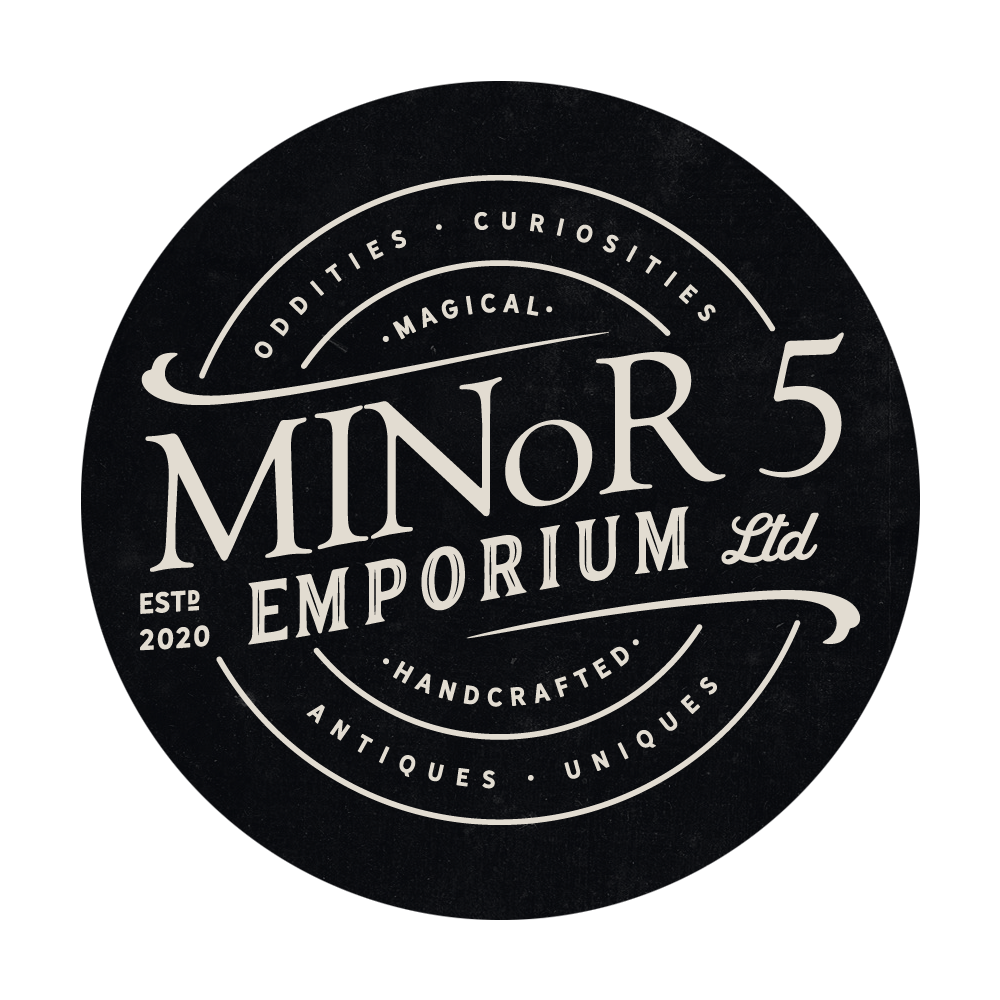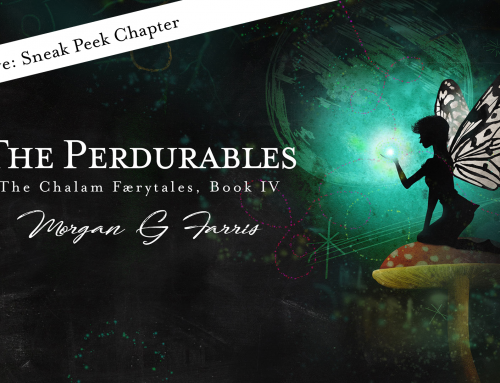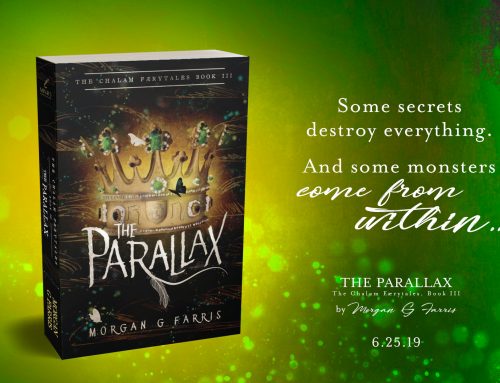At long last, I am so excited to share with you the sixth book in my series, The Stag at Hand. We pick up the story about a thousand years after The War and the Petrichor ended. And I can’t wait for you to meet all the new faces. So without further ado, I present:
The Stag at Hand, Prologue
One Thousand and One Years after the Great War
Bound by the sea
For all eternity
Leviathan awaits her destiny.
By fire and flame
She sets the world ablaze
For the coming of the new age.
“Get your nose out of that book, Miri. It is not proper for a young lady to read.”
The words set her teeth on edge, but young Miriam Sasson sighed in resignation and silently slid her gaze to her cousin beside her, who only raised his eyebrows, his gaze remaining on the book between them. But it was no use—she could see the smile he was attempting to purse. She swallowed a giggle and turned her attention back to their book, squaring her shoulders like a proper lady for good measure.
They had been devouring the dusty pages for the better part of the afternoon. A Fæ adventure. A story of men who could shift to wolves and waylay enemies on the battlefield. It had been an excellent story. And though it had been chosen as an alternative to a glorious, sunny day after a rather heated conversation with her mother about obligations and being a lady and blah, blah, blah, Miri could not complain. Then again, she rarely had a reason to complain when the day’s prospects included time with her cousin, Ari.
Why her mother had insisted she and Ari stay in the drawing room while her father had some boring conversation with some boring priest about something that had to do with boring politics—her father’s favorite subject—Miriam couldn’t say. But apparently their excursion into Fæ for the afternoon was not to be either, for even without looking up from the daily paper she feigned to read, her mother’s warning had hit its mark.
Miriam laughed weakly and reached for her cousin’s hand. “Let’s go, Ari. Surely we’re only a bother here.”
Ari nodded his agreement, tapping a small, golden bookmark in his hand. It whirred to life and crawled like a spider across the pages before settling like a cat might curl up in the sun, marking exactly where they had stopped reading with one long, spindly, tail-like extension. Satisfied, Ari grinned at the clever little contraption and folded the book closed, setting it aside. He stood, taking Miri’s outstretched hand.
But before they could so much as take a step, her mother went on, repeating her earlier words, “You will stay in here. You must stop all this nonsense and learn to act like a civilized young lady.”
From behind her mother’s back, Miri rolled her eyes for Ari’s benefit. He breathed a laugh and shook his head. Reaching into the pocket of his trousers, he retrieved two amber candies, handing one to Miri as he mouthed, You must learn to act like a civilized young lady, his pale brows furrowed as he waggled his finger.
Miriam eyed the candy with a hint of disdain, picking lint from the treat and snickering a little too loudly at Ari’s uncanny resemblance to his aunt.
This time, it was not her mother’s warning that gave her pause.
“Miriam,” her father growled, cutting off his conversation on the other side of the room with the lanky young priest. The tone of his deep voice sent shivers down her spine. Ari straightened, too, knowing too well exactly what would happen if they crossed her father. The bruise on his cheek was almost gone, but hints of it lingered in fading shades of green and brown. Ari had never told her how he got it. But Miri knew anyway—at least she knew enough that when her father barked a warning, they both listened.
Ari pressed his finger to his lips, shaking his head again. “We’ll read more later,” he whispered. He popped the small piece of barley sugar into his mouth and winked, the emerald in his eyes sparkling in the filtered afternoon light.
Her father’s conversation caught her ear, and she turned her head slightly to listen.
“She has just as much claim to the throne as those imposters that sit on it now,” her father said to the priest, his greasy words dripping over her. Miriam shot her gaze to Ari, but his attention was also fixed on her father—the Lord of Teman City.
“Careful, my lord. You speak treason with such claims,” said the priest. But there was no true warning in his words and a smile threatened his narrow mouth.
Her father chuckled, handing the priest a glass of whiskey.
“It will be an uphill battle,” her father went on, turning to face the great windows of the sitting room that overlooked perfectly-manicured lawns. Above them, the sky was bright and blue, and an airship floated through the clouds, no doubt taking passengers from the city to the coast. Its black sails resembled the wings of a great bat, a dark, menacing contrast to the bright summer skies. Miri had been in awe the first time she had seen the new invention—a product of the magic man had learned to master in recent years.
A revolution—that’s what her father had called the modern era. A revolution of industry and magic and power.
But it seemed a silly waste to harness magic for things like ships that flew and lamps that needed no flame and ink that never ran dry.
Conveniences, yes. But not the stuff of revolution.
The airship floated lazily in the fat, white clouds, a faint glow of light and shimmer trailing from its stern. She wondered if she would ever have reason to ride in such a vessel. Or if she’d ever muster the courage.
“The royal family is well loved,” her father went on, and Miri tore her eyes from the airship and back to the slender, severe-looking man who watched her father with a hint of a smirk on his narrow mouth. “And with the alliances they are making with Medinah, their legacy on the throne could be impenetrable.”
“The wrong family has sat on the throne for thirteen generations, Lord Sasson,” said the priest. “Regardless of the bullshit progress they’ve made in magic and the peace treaties, it is time the true line was restored.”
Miri was surprised to hear the priest use such language. It did not seem fitting for a man of his station. But even more surprising was the subject of their conversation.
Treason. Her father and the young, slithering priest spoke treason. Though they were not technically wrong—the original royal family, descended from King Ferryl and Queen Adelaide, no longer sat on the throne of Har-Navah. King Daegan’s family, the Ramagis, had overthrown the royal family some three hundred years ago in a great uprising and claimed the throne for their own. And since the Ramagi family had spent the better part of the last few centuries honing and perfecting the craft of magicked weaponry, no one had dared challenge them—not then and not since.
But it was illegal to speak of that uprising. King Daegan’s grandfather, King Decimus had declared it a treasonous act, punishable by death. So to be plotting against the Ramagis? To speak of restoring the throne to the Adelaidian line? The priest was brazen to even hint at it.
She did not like the way he looked; though thin and reed-like, the priest seemed anything but weak beneath those mantis limbs. Where her father was a double-edged sword—all strength and might and bellowing intimidation—the priest was a stiletto, slender and wicked and hidden to strike at the most opportune moment. Miriam absently watched him take a long pull on his glass, his spindly, narrow fingers wrapped around the crystal. There was very little of the amber liquid left when he was done.
“There are some who would say it is her cousin who is the true heir.” The singsong warning came from Miriam’s mother. Dressed in a gown much too formal for the afternoon, the Lady of Teman City sat demurely on the settee with perfect posture as she feigned reading the gossip section of the morning paper. Just as she pretended to read it every day—a perfect way to act as if she wasn’t eavesdropping on everything going on around her. Beside her, a tea kettle buzzed with magic, keeping the liquid inside warm without the aid of flame.
“It’s a shame that your sister bore a bastard then, isn’t it?” said Lord Sasson.
Miriam clenched her teeth, taking in a breath to protest the nasty things they were saying about her beloved cousin. But Ari just squeezed her hand and kept his attention on the conversation in silence. Three years her senior, Ari had always quietly accepted the way people spoke of him, the things they said. Bastard born. Disgrace to the family. It sickened Miriam any time she heard it, for Ari had been nothing short of her very best friend for all of her life and the kindest soul she had ever known. It was not his fault that his father had left him.
“Besides, if the royal family can put a woman on the throne, so can we,” Lord Sasson went on.
“So they have signed the decree,” the priest said.
“Indeed, Tomas,” said her father. “Princess Rachæl is the first female heir since Queen Adelaide. For now,” he added with an emphasis Miriam didn’t like.
“My lord?” asked Tomas, cocking his narrow chin to one side.
Lord Sasson smirked, raising his glass to his mouth. But her father did not take a drink. “My family lineage can be traced back more than a hundred generations. Our family predates Har-Navah itself. My daughter is as close as anyone can claim to true heirship, and her blood can be traced in many lines back to King Ferryl himself.”
Her father took to pacing, slowly swirling the contents of his glass as he walked the length of the room. He hadn’t spoken a lie—the Sasson family could be traced back to King Ferryl. The problem was, so could most of the noble families in Har-Navah. A thousand years after the fabled king’s reign, most could find some way to trace their lineage to him. Or to Adelaide. A cousin of a cousin of a cousin, once removed. A marriage seven generations back. It did not matter, in the end. Most never bothered to check the accuracy of such claims.
But they would check those claims—if Miriam were to name herself the true heir in some public fashion, those claims would most certainly be checked. And likely found paltry, at best.
She wondered why her father was naïve enough to think such a thing could work.
“She shall need a profitable marriage if she is to reclaim the throne. Someone who can offer her power. Influence. I can get her the support of the council. But she will need someone who can help her achieve the support of the Sanhedrin.”
Tomas’s brow raised. “My lord?” he asked, cocking his narrow head to one side, all prowling jackal and anything but holy.
“It is all but done,” said her father. “We need only a few more signatures and your title is official.”
“My title, my lord?”
“It’s a tragedy, really. That our beloved high priest found himself on the wrong side of history. Rumor has it the king is brokenhearted over his betrayal. He was found floating face-first in Lake Yerah only days ago. Suicide, they say. His shame could not be overcome.”
Her father turned, facing Tomas once again. The priest looked positively giddy. At her side, Ari had gone deathly still.
“We will need someone to rule as high priest immediately. To keep peace. And to restore faith in the holy council. We need someone who can reunite the royal court and the holy faith. And you are the man to do it.”
Tomas beamed like a child offered a shiny new toy. “I don’t know what to say.”
“Stick with me, Phinehas,” said her father, clasping the priest’s shoulder. “And we’ll both get what we want.”
“Phinehas?” Tomas asked.
“The first high priest of Har-Navah. Appointed by King Ferryl himself when he began construction of the temple in Benalle City nearly a thousand years ago. It is only fitting that the most powerful high priest in the kingdom’s history should bear the same name as the very first high priest, is it not?” The grin on her father’s face was positively vulpine.
So was Tomas’s.
* * *
“I will not marry him!” Miriam barked, pacing across the plush carpets of the library.
Ari took hold of her arm when she passed by him. In the dim light of the vast space, his fair hair looked like spun moonlight.
“Breathe, Mir. Nothing is set in stone.”
“I don’t want the throne. I don’t want to be queen. Why must Father use me like a pawn in such ridiculous games? Can you believe it, Ari? He wants to marry me off to that…that snake. And for what? More power? For a throne that’s not mine!”
“You’re only thirteen. Marriage is a long way off. A lot can happen between now and then,” Ari tried. But it was no use. He always underestimated her father, what he was capable of, what he would do if it meant more money, more power, more influence.
“Everyone knows you’re the true heir to the throne,” she said wildly. “Why do they act like you don’t exist?”
It was true. Though he was bastard born, both Ari’s and Miri’s mothers were supposedly direct descendants of King Ferryl himself. As Ari was male, that would have given him priority to the throne. But Ari’s father had died when he was very young. Most knew the truth of his story, though—the man who everyone knew as his father had only married Ari’s mother to save her from the scorn of giving birth to a bastard. Ari never knew his true father. No one save for his mother knew who had truly sired him. The man who had taken him in, had raised him, had been a good man. Kind enough. But when he had passed, he had taken his protection with him. And by the time Ari had reached his teenage years, most knew he was a bastard-born nobody. No one in their right mind would consider him for the throne of Har-Navah.
Ari’s emerald eyes flickered. “It is hard for people to accept what they cannot understand,” he said, and Miri blinked, unsure what he meant. In his hand, he fiddled with what looked like a small, gold coin. Covered in glass, the inside whirred with cogs and wheels that turned of their own accord. “They say this thing can tell you the weather,” he said, half amused as he watched it in his palm.
Ari had always harbored a curiosity for all manner of oddities, particularly of the magical sort. And in this modern world, there was certainly no lack of clever contraptions and gadgets of convenience to inspect.
Miri, conversely, had never had an affinity for such things, finding them more a nuisance than anything. Why in the world would anyone need a small coin to tell the weather when a window would suffice quite nicely? She crossed her arms and huffed with annoyance.
Ari smiled, pocketing the whirring coin. “I wouldn’t worry about it, Miri. And I certainly wouldn’t let it bother you.”
“How can Father agree to marry me off to that snake?” she asked, resuming her pacing. Ari folded his arms across his chest. It was positively unacceptable that he should be walking around a noble Har-Navarian home without an afternoon jacket, his white shirt nearly threadbare and about a size too small for him, tucked haphazardly into his brown breeches. But he had never cared much for fashion. Or aristocratic protocol. So he had never really minded that Miriam’s parents—his aunt and uncle—hadn’t bothered to provide him proper attire. As if by doing so, they emphasized to any observer that Ari was bastard born. And certainly not a part of their picture-perfect world.
Bastard nephew. But nephew all the same. Come to live with them some years ago after his mother had passed suddenly of the pox.
“You will not marry him, Mir. Trust me.” Ari’s words brought her back to the present—to the prospect of marrying that reed-thin priest with eyes that spoke of too many secrets.
“How can you know that?”
Ari took her hand when she passed him again, squeezing it gently. She could have sworn she saw a tiny flash of light pass from his palm to hers. “My father will protect you.”
“Your father?” she asked, furrowing her brow. “What do you mean? Your father is dead.” Just as the man who had reared him was gone, in all likelihood, the man who had sired Ari was gone too. For no one had ever learned who he was, much less what had become of him. Ari was an orphan in every sense of the word.
Her cousin breathed a laugh, pressing a gentle kiss to her brow. “He is not dead. You will see. In due time, you will understand.”
“Understand what? What do you—”
Ari squeezed her hand a little harder, and this time, she was certain she saw a light, soft and blue, warming her hand and fingers, sinking into her skin.
“There is only one true magic, Miriam. Never forget that. Let it guide you. Wherever you go, whatever happens, never forget it.”
“What do you mean, whatever happens?” She looked up from their joined hands. “Ari, what is going to happen?”
Ari did not answer, instead lifting a necklace over his head with his free hand.
“What is this?” she asked, perplexed. Another trinket in his collection of oddities, no doubt. But she had never noticed Ari wear a rough stone around his neck. Not once. Ever.
The light in his palm flared, a burst of stars and galaxies before it dissipated into the air as if it had never been. Her hand tingled, and a warmth unlike any she could explain settled into her very bones as she looked again at their clasped hands. Before she knew what he was doing, Ari placed the necklace around her neck.
Pulsing. She could feel the stone pulsing at her breast.
“What just happened?” she asked, her eyes still fixed on her faintly glowing hand.
But before her cousin could answer, the dinner bell rang. “C’mon,” he said, folding her hand into the crook of his arm. “Your father will not want us to be late.”
* * *
The priest stayed for dinner. And dinner the next night. And the night after that. Plotting, planning, scheming with her father. She hadn’t been wrong—the things they spoke of, they were treason. If the wrong person heard so much as one word of what they spoke…
Miriam needed a break. All this talk of thrones and advantageous marriage and priests and Medinah, the western kingdom, and blah blah blah… It was enough. She didn’t want to be queen. She figured she had enough to worry about as the daughter of a powerful lord. But to be queen? To deal with the burdens of an entire kingdom? No, thank you. Not to mention being queen meant being married to Tomas…Phinehas…whatever name he would go by.
Please. He was an old man. Or at least much older than she. The thought of calling him husband…of holding his hand…of letting him—kiss her…
She kicked a stone, blowing a strand of her fiery red curls from her eyes in a huff. The spring breeze picked up, carrying with it scents of salt and sea and fresh flora. She eyed the grounds of her father’s estate—the thick grasses, waving lazily in the breezes, the fat trees, ripe with blooms, the dandelions…
She bent and picked one, another, then another. She picked dandelions until she had a fistful.
Standing again, Miri’s eyes caught something bright and white through the trees ahead. Moving to get a better view, she could just make out the form of the creature through the thick forest.
A stag.
As white as summer clouds and as bright as the summer sun. He stood tall, with proud antlers that climbed so high it was hard to tell where they ended and the branches of the trees began.
The stag seemed to hold her gaze, and even from such a distance, she could see that his eyes were a familiar shade of emerald.
“Do you have a fondness for weeds?”
Startled, she whirled to find Tomas the priest walking behind her, his lanky arms clasped behind his back. She practically growled at the stick-like man.
“They’re not weeds, they’re dandelions. I’m gathering them for the færies.”
“Aren’t you a little old for that?” he asked, tilting his pointed chin to one side.
“I would have thought that as such an important holy man, you of all people would not think anyone was too old for the things of Providence,” she sneered, turning her back to him, a chill running down her back. If he retaliated…if he was anything like her father…
She glanced again into the forest, peering around trees and brambles. The white stag was nowhere to be found.
So Miri walked further down the path that led away from her father’s manor, into a thicket of gnarly oaks—a place she knew the færies frequented. “I always gather dandelions for the færies in the Spring. They use them to make things. Like a textile. But this time of year, the wind carries off the fluff so quickly that I like to help them.”
“I thought only children played with færies,” Tomas said, his unhurried steps crunching on the gravel and grass behind her.
“I am a child,” she said, looking around the thicket of trees for a particular nook—there. She found the nook, but inside… Gone. It was gone.
“You are thirteen. I would say you are a young woman.”
“Is that why you agreed to marry me?” she scoffed over her shoulder. “Because you consider thirteen to be a woman?”
Miri looked back at the nook in the tree, disappointment bubbling in her throat. He had found it, taken it down. Again.
Every time she built a færy house, no matter how well she hid it among the nooks and crannies of the trees, her father found it. And destroyed it. Miri ground her teeth to keep from huffing a word against her father in front of his new ally.
She only remembered Tomas was behind her when she heard him breathing a throaty chuckle. “Your father told me you were—spirited.” He caught up to where she stood on the path, stopping only a foot away from her. She could feel his eyes on her, knew they were traveling down her body and back up again, the hair on the back of her neck standing on end at his appraisal. “Nothing that cannot be broken, I’m sure.”
“How old are you?” she blurted, whirling to face him.
His eyes raked back to hers. “I am twenty-nine.”
“And was this your ambition, then? To marry a child?”
A serpentine smile quirked the corner of his narrow lips. “My goals have little to do with marriage, girl.”
“What then?” she asked, flinging her fists to her hips.
“My goals are the same as Providence, of course,” he said piously, lifting his chin.
“And what would you say is Providence’s plan?”
“He no longer bothers with such trivialities as færies, Miriam.”
“What does he bother with, pray tell?”
“Power. Magic is power, Miriam. Never forget it. He has ruined men and waylaid kingdoms with that power.”
“Is that your plan?” she asked. “To ruin men and waylay kingdoms?”
That smile quirked a little more. “I am at Providence’s bidding. Just as you are at mine.”
“I am not your wife.”
“Not yet,” he said with that same serpentine grin. She huffed and rolled her eyes.
“Do you not wish to be queen?”
“Why should I? I do not have royal blood!”
Tomas stepped close. Dangerously close. His foul breath assaulted her mouth as he spoke dangerously low. “I would be careful of what you say, Miriam.”
She did not back down, squaring her shoulders and refusing to wince. “Why should I be careful to say the truth?”
“The truth can damn you. It can damn us all.”
“I thought truth was the way of Providence,” she said.
A breathy laugh. “You have much to learn, Miriam.”
She allowed herself to back up only a fraction, his nearness too unsettling. “I don’t want to learn. I don’t want to play these stupid games of yours. Or my father’s.”
“You will soon learn that it does not matter what you want.”
Miri looked over her shoulder, eyeing the nook where her carefully crafted færy house had been only yesterday. “I’ve already learned that. A long time ago.” She turned from him then, placing the delicate dandelions at the base of the branch and turning away, marching back towards her home.
* * *
“Where is Ari?” Miriam asked as her father, mother, and the priest sat down to dinner. “I haven’t seen him all day.”
“He is away,” said her father matter-of-factly as he began slicing his cut of meat.
“Away where?” Miriam pushed.
“It is none of your concern,” her father answered, never bothering to lift his eyes.
She slammed her fist on the table, the crystal glasses jumping at her outburst. “What have you done to him?” she demanded.
Her mother looked up, her beady eyes near boredom. Tomas looked up too, but it was not boredom in his gaze. It was something else. Something much worse.
Her father slowly slid his eyes to her, his face flat, emotionless. “He will no longer be living here.”
“Where will he live?” she blurted, panicked. Ari would be homeless without them.
“He is not our concern, Miriam,” her father said calmly.
“Of course he is!” she yelled. “He is family!”
“He is a distant cousin,” said her father dismissively before returning to slicing his meat. “We are hardly obligated to clothe and shelter him all of his life. Besides, he is a man now and—”
“We are the only family he has left!” she protested, her breath coming up short.
Her father appraised her for a moment, and despite his mask of indifference, she could see the irritation rising, pounding in the vein at his temple. “He is an obstacle that will no longer block our path.”
Miriam erupted, grabbing her glass of wine and throwing it across the table, aiming straight for her father. It missed him, unfortunately. But the wine did not, showering him with a blanket of crimson liquid.
Calmly still, too calmly, her father picked up his napkin, wiping his face and cravat. The wine staining the fine white cloth…it looked like blood dripping down his neck. But behind her father’s calm she could see his rage simmering to a boil. A tremble settled along her bones.
That’s when she noticed it—a heat, a warmth coming from the palm of her hand. She looked down to see a faint glow growing along her skin. She fisted her hand and hid it in the folds of her skirts. From the corner of her eye, she could feel Tomas appraising her with unblinking vigilance.
Her father finished wiping his face and stood. Slowly. As if the world itself had slowed to a snail’s pace. He crossed the room, her heart pounding in her throat with every menacing step he took. The rage burned brighter the closer he got, until he was face to face with her, nose to nose, breath to breath.
“You will regret that,” her father breathed.
“You will regret sending Ari away,” she sneered, despite the fear pounding in her veins.
Her father lunged, grabbing her throat, shoving her to the ground. Her mother screamed as her father landed above her, one knee painfully lodged on her belly as he dealt one bone-splintering blow after another. The world slowed a little more, until all she could see, all she could comprehend was the blood as it splattered on the ornate carpet beside her, the drops glistening in the gaslight, peppering the floor with more and more and more, until it was no longer spatters, but pools of crimson liquid, absorbing into the fibers of the bright colors around her.
Somewhere in the distance, she could hear screams, cries, shrieks. A woman calling for help, for someone to stop. But for Miriam, all she knew was the strange sensation as fist after fist landed across her face, her nose, her cheeks, her chin.
The blows slowed, and she sputtered, spitting blood on the carpet beside her. From somewhere above her, she saw a man—the priest—pulling, clawing at her father. To remove him? To stop him? No one could stop him. He was a great man. A brute of a man. Nothing short of a miracle could stop him.
A light flared. Blue and hot. Preternatural, impossible light.
Magic.
There is only one true magic, Miriam. Never forget that.
Her beloved cousin’s words rang in her ears as the light flared brighter. She reached for her father, taking his face in her hands, shocked at the scream that tore from his throat at her touch.
But the scream was short-lived, and the rage that had previously boiled in her father’s eyes—it erupted. An inferno. A storm. He lunged for her again, a lethal blow coming for her face inch by crawling inch in this world where time had slowed, crawling at a sickeningly slow pace.
But the blow did not land. Her father flew suddenly back like a sack of flour tossed across a table.
Tomas. The gangly priest had bested her father somehow. He lunged for Miriam, scooping her into his arms, fleeing the room with shocking speed.
“Come with me,” he breathed as he ran. “He won’t hurt you again.”
And she believed him. Providence help her, she believed him, and clung to her rescuer as he escaped in the night.
###
Please share this. Please preorder the book. And please tell everyone you know. Please and thank you.

